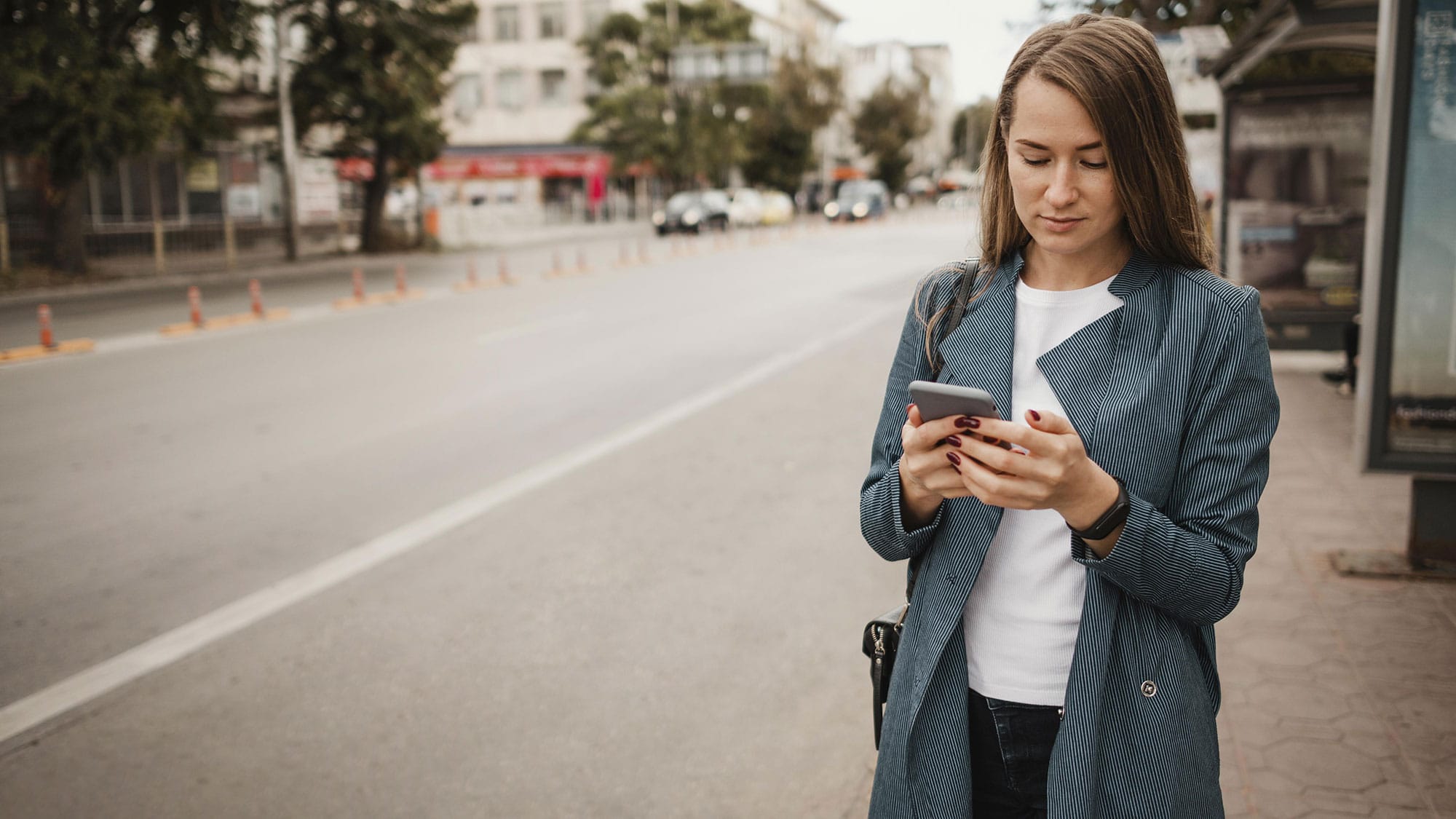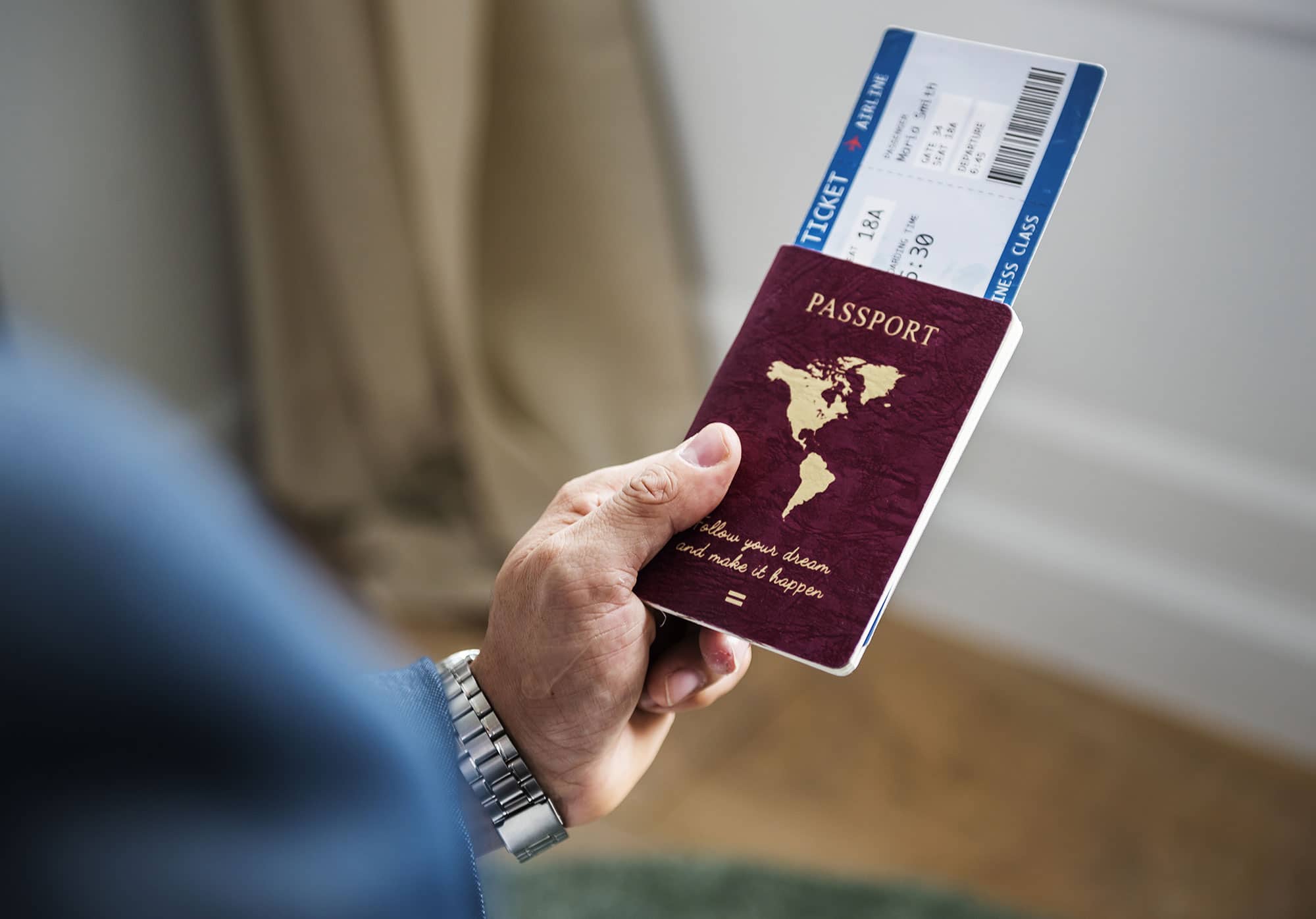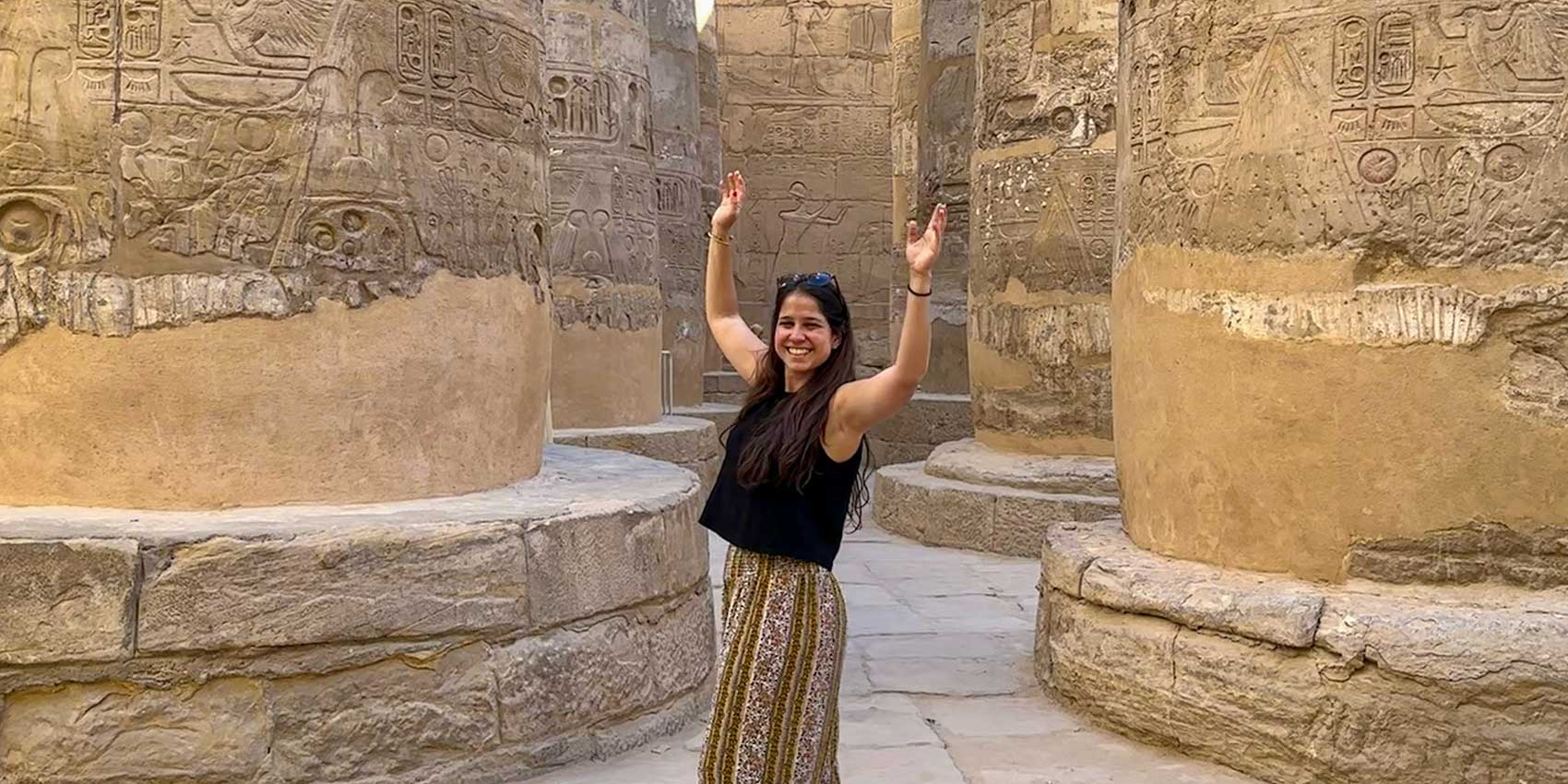Scariest experiences while traveling
Traveling can evoke a range of fears, and it’s common to experience a sense of apprehension before embarking on a journey. Below I’m sharing some of my most scariest experiences while traveling and how to avoid them in the future

Not having where to sleep or how to communicate
Years ago, I was traveling to Porto in Portugal, and my flight arrived very late on a Monday. I knew how to move around the city (taking the metro and where to go), but didn’t have much information of the hostel where I was staying besides the address and the name.
I arrived to the nearest metro station that night, and started to walk my way to the hostel. It was a cold winter night, and it was drizzling a little. When I arrived to the door of the hostel, the door was closed, and no one would answer the door. There was a big sign in the door with the number of the lady in charge of the hostel, but I had no way to communicate with her. I waited for like half hour, but no one would open the door.
I decided to walk around a little bit and try to find someone who could lend me his phone, but as I mentioned above, it was very late at night and there was no one around. Defeated and without many options, I decided to stay outside the door, wet and cold, and just wait. I waited like another hour and honestly thought I would have to sleep on the street. Then, 2 german girls arrived to the door, that thankfully they had an european phone and were able to contact the manager, who was dropping off some people at the airport and was already on its way back. We eventually made it inside the hotel and were able to get warm and cozy.
How to avoid this: Try to carry a phone or a device that will allow you to communicate, or buy an Esim. Nothing happened this time, but I could have gotten robbed (luckily portugal is a safe place) or even sleep outside if the person inside the hostel had fallen asleep. It is also a good idea to communicate with the accommodation before hand and let them know you are coming late, and learn about their hours and until what time there is someone at the front desk.
Getting lost and/or not having the right documentation.
It is easier to move around in some places than others, as they will have easy understandable signaling or facilities with the language; Russia is not one of them. They use a different alphabet, so it is very hard to understand if you don’t know it, and english speakers (fluent at least) are not as common as you might think.
I traveled to russia in 2018 for the world cup, and although the country was somewhat prepared for the tourists arriving, it was still very hard to move around or communicate. I had gone to russia in the past, but I was with a russian native that time, and in this moment I realized how hard it was to move around without him. I knew the name of the street and the direction I needed to take, but got lost on the way.
The icing on the cake was that the hostel I was booked was apparently inside a hotel, but there was no mention about that on my booking confirmation. I couldn’t find the place and ended up walking for hours. No one could understand what I was saying and again, I thought I was a victim of a scam and that I was going to sleep on the street. I ended up talking to a couple tourists i found, who finally told me that the hotel and the hostel were the same place, as they were staying in that property too. I then proceeded to walk to the front desk and to start my check in process.
Russians are very strict with visas and regulations, and they give you a paper once you pass through immigration which says your arrival day and how long you are gonna stay. With all the stress I had, I forgot I had folded and saved that paper as I didn’t really find it important, and the lady wouldn’t let me check in without it. I had to remade my luggage like three times (legit thinking I had lost the paper) until I realized it was in my pocket.
How to avoid it: Try to carry a map with you. Nowadays there are a couple applications that provide offline maps, like maps.me, and will show you your GPS location so you can easily find your way. It is recommended to carry a charger and an adapter as well, in case your phone runs out of battery. If you are going o a place where the language is foreign to you, try to research as much as you can about your accommodation and learn some basic words. Also, save everything they give you in immigration. You might not need it, but just in case, because if you do and you lose it, it is going to be a nightmare.

Running out of money and not having what to eat
Luckily I’m an european citizen, but when I was younger I didn’t really know what countries inside the union use different currencies besides UK, until I decided to flight to Denmark. I don’t remember if it was a problem with my debit card, an error with the conversion or that I just wasn’t counting on how expensive the country was, but long story short, I basically ran out of money upon arrival, right after I had paid for my hostel.
Great! I booked a flight and a hostel for 4 days in Copenhagen, and ran out of money on my first day!
I had to make 50 euros last me that amount of time and I literally went to the market and bought some super cheap and huge fish balls that danish love (I didn’t that much). That was basically my food for 3 days.
How to avoid: Be mindful of the money you are bringing and the pricing of your destinations. It is ok to travel on a budget, but going days without eating is definitely not an ideal outcome. Do your research and plan your money accordingly.
Losing your passport, getting robbed and getting stuck.
One of the most life changing experiences that happen to me was loosing my passport in Germany. It was my first solo travel as I had just turned 18. I have always being into photography, and knowing how important my camera and my passport were, I decided to put the passport inside my camera bag (I thought I would never lose it there) and went for a ride on a bike while taking shots of everything.
In one opportunity, I saw some really beautiful shots of some buildings, and put my bicycle with my bag down (my camera was hanging from my neck) to took some shots. I did my thing and left. When I got home (luckily I have family in Germany) I realized my camera bag was gone, and my passport with it. It fell when I put the bicycle on the floor. I must highlight the fact that this was a very very tiny town in germany, with 1,000 people max and were nothing never happens.. I went back and my bag was gone, like completely gone, something uncommon for Xanten, Germany. (people would leave your belongings where you left them, no one really steals anything). I had an entire trip planned and an Eurail pass bought.. the rest is history. I went to the police station and try to communicate with my caveman german, and ended up in the back of a german police car with two female police officers in the front. They took me home, and try to communicate with my aunt (who had only being in germany for a couple years by then and wasn’t really fluent in the language), so we had a three way german-english-spanish fun conversation.
I must add, that later on they also stole my bicycle (I left it chained at the train station) and my police friends and I met again. I could have made the headlines of the town’s newspaper, as that type of things never happens there. Although that allowed me to stay in Germany, make friends and learn the culture and the language, I lost a lot of money, and what if I didn’t family there? I ended up making a 6 hours drive to Frankfurt to get a travel permit to get out of the country.
How to avoid it: TAKE REALLY GOOD CARE OF YOUR PASSPORT! Never take it out of your accommodation unless strictly necessary, and be really mindful about your surroundings, some areas are better than others.

Not being able to communicate or move around.
Again, communication is key while traveling. We all should learn a little bit more than just “please”, “hi”, and “thank you” in the language of the country we are visiting, but that’s not always the case.
When I traveled to Romania, I didn’t think I would need romanian that much, and didn’t really care. If you are in the main cities, yes, the chance of finding someone who speaks english is higher, but this is not the case in the countryside. I flew to an airport outside of Bucharest, and just finding the bus who would take me to the city was a chore. I had to pay attention of absolutely all the stops, as i didn’t really how to pronounce the ones I was stopping at. At the end an old man help me, but what if he wasn’t there or it was too late?
How to avoid it: Find the best ways to move around and between cities and airports, and try to learn some basic sentences so you can semi communicate with the locals.




